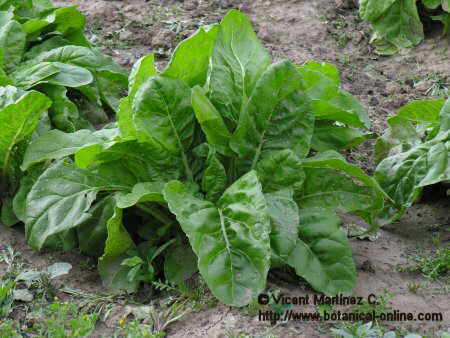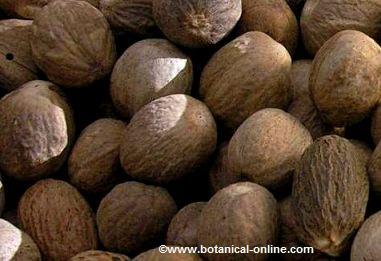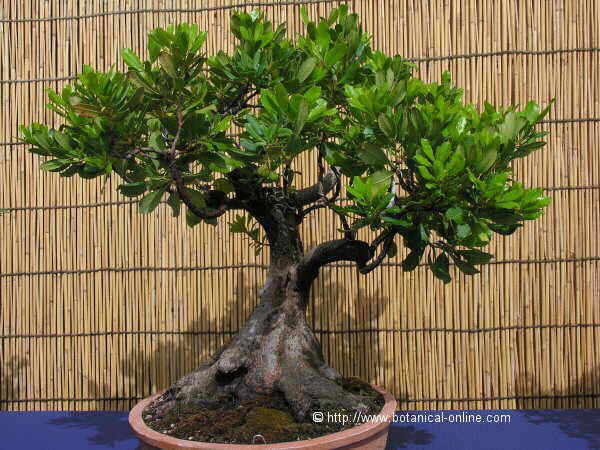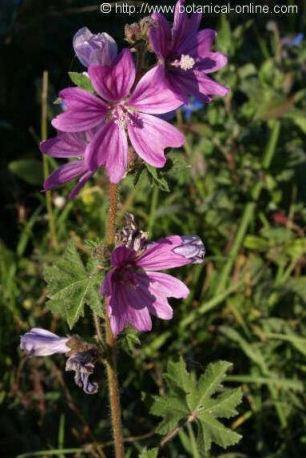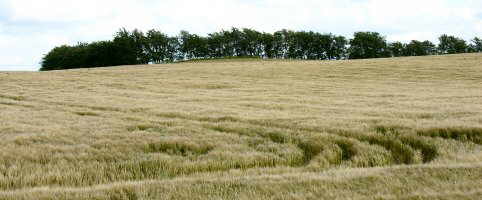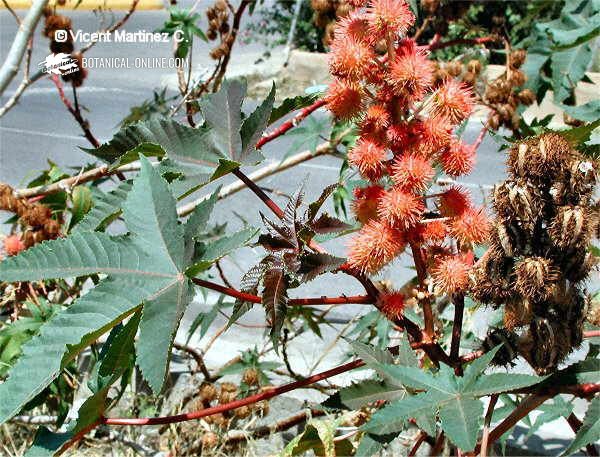Contents
Dangers of elder
Is elderberry toxic?
Elderberry (Sambucus nigra) is a tree that is used as a natural remedy and food. Elder flowers and fruits are not toxic, although other parts of the plant are.
Care should be taken with the use of this plant since, when consumed improperly, it can cause belly pain or a more serious problem, for example, if we eat the immature fruits.
In addition, it is worth mentioning that, many times, the elder grows next to a toxic plant, the danewort or dwarf elder (Sambucus ebulus), whose fruits, flowers, leaves (the whole plant), should not be consumed. (See: Differences between elder and dwarf elder)
What toxic principles does elderberry have?
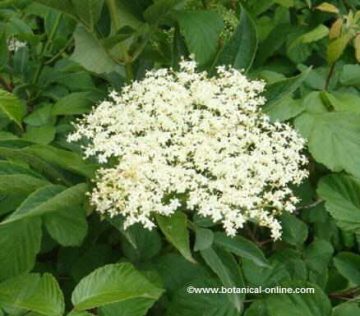
Toxic principles: sambunigrin and other cyanogenetic glycosides. Lecithins
In the fruits: tannins.
Toxic parts of elderberry
The stem, bark, roots, leaves and immature fruits of the tree are extremely toxic. They contain high amounts of cyanide (cyanogenetic heterosides) and can cause serious poisoning, especially in children.
Hazards and toxicity of elderberry
- The bark and stem are very toxic since in addition to cyanide, they contain lecithins with toxic and teratogenic effects (toxic to the fetus if consumed during pregnancy).
- You should not take remedies with elderberries internally, although cataplasms or external uses of the leaves are indicated as an anti-inflammatory remedy.
Toxicity of elder fruits?
Immature fruits contain high amounts of sambunigrin (0.8%), a cyanogenic glycoside that in the body is transformed into cyanide (toxic principle). The immature fruits of the tree should not be taken.
The toxic principle present in the fruits decreases with ripening and during the cooking process, so jams and jellies made with slightly immature fruits can be edible. It is recommended to pick ripe fruits to avoid possible toxicity.
Symptoms of toxicity or poisoning by elderberry
Cyanogenetic glycosides cause digestive symptoms, such as vomiting, heartburn, gastralgia, belly pain, increased depositional rhythm or diarrhea. In high doses elderberry has a purgative effect.
Prolonged use of flowers and elder berries, with diuretic properties, may cause hypokalemia or low blood potassium levels in the long term.
What dose is it safe to take?
A safe dose of elder (flowers and ripe fruits) has not been established to take during pregnancy and lactation. The fruits of some elderberry species could be toxic when consumed raw, so consumption is not recommended.
In the absence of toxicological studies on its effects, it is recommended not to take this plant
![]() More information on elder
More information on elder

